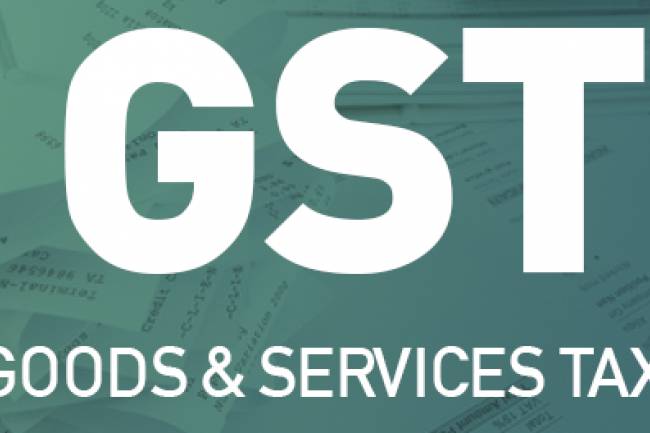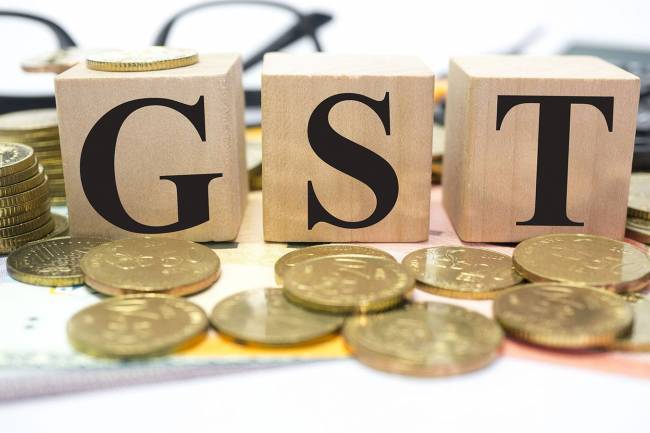
10 Changes that may be proposed in the new income tax law
Individuals who are still in stun with the demonitization and the GST execution, we have another stun for you as the administration is currently wanting to change the fifty years of age salary assess act, 1961 with a totally new wage charge law and for that the legislature has officially set up a team to draft the new law which might present the draft to the fund service inside a half year.
Give us a chance to see the 10 changes that might be proposed in the new direct duty laws:
1. From five heads to two expansive heads of wage
Right now, any wage earned in India must be characterized into five noteworthy heads like capital increases, PGBP, compensation and so forth. Be that as it may, the same might be proposed to be arranged just in two noteworthy heads:
Wage from unique sources
Wage from standard sources
2. Private status under Income charge act, 1961
The private status under pay impose act, 1961 may likewise witness a change towards more rearrangements. Current the private status incorporates occupant, inhabitant however not standard occupant or alien. Be that as it may, the same might be proposed to be named:
Inhabitant
Non inhabitant
3. Idea of Previous year and Assessment year may go
As of now, the pay impose is administered with the two terms specifically, earlier year or evaluation year. Be that as it may, it might turn out to be excessively intricate some of the time, and henceforth the administration may discarded these two term and just the new idea of monetary year may win.
4. Rich might be saddled more
Aside from the instruction cess or additional charge, the duty rate on rich might be expanded further, to focus on the hole between the rich and poor people and subsequently, we may expect more expense on rich than poor.
5. Capital Receipts might be exhausted
Under Income impose act, 1961, the capital receipt other than secured under capital pick up part goes untaxed and thus, government may incorporate the exceptional arrangements under new salary charge law to assess the pay.
6. Less exclusion under IT act
At present, there are part of exceptions under wage impose act, 1961 and subsequently to build the duty base, the legislature will combine the exclusion and may pull back those exception which are not basic in accordance with GST.
7. Abrogate all expense occasions
The legislature may likewise take a shot at to annul every one of the arrangements under salary assess act which are identified with the expense occasions.
8. Exceptional arrangements for Non Resident
To draw in more remote venture and to give a straightforward and stable condition for the Nonresident to put resources into India, the legislature will correct and include all new and basic laws to evacuate all vagueness in the assessment arrangement.
9. GAAR to be reintroduced
However, the GAAR has been incorporating into the Income impose act, 1961, yet the same is as yet not utilitarian by any stretch of the imagination. Subsequently, it is normal that legislature may reintroduced the idea of GAAR in the Indian laws to rebuff the impermissible expense game plans.
10. Twofold tax assessment may evacuated
There are presently many areas under pay charge act because of which twofold tax assessment is affected and henceforth, the administration might need to plug this issue.
Conclusion
We have simply call attention to late changes that may be incorporated into the new direct expense and we trust that the great shrewdness beats the nation and the new wage assess law conveys greater success to the country.
Visit HireCA.com Now


















